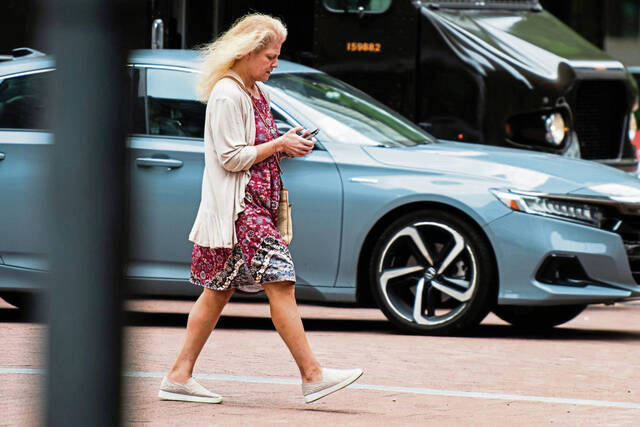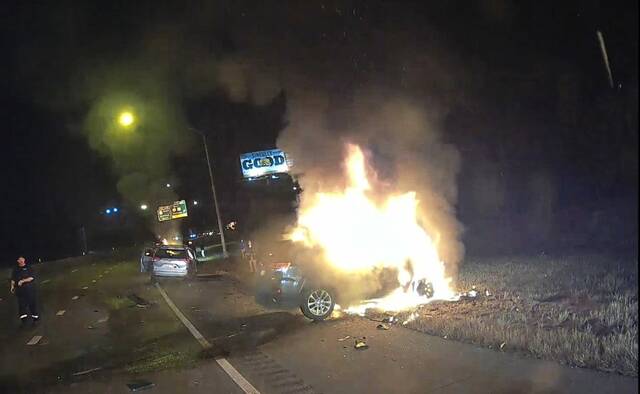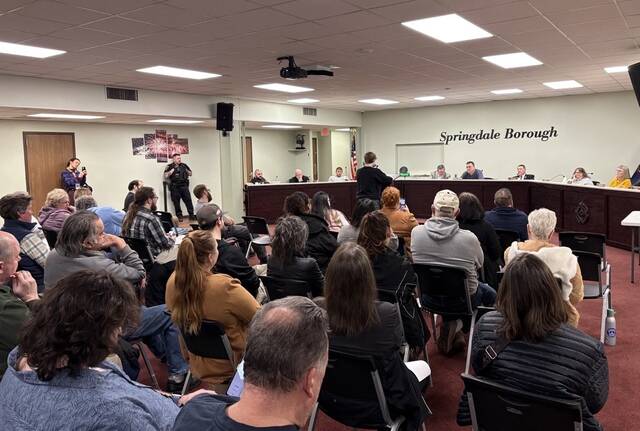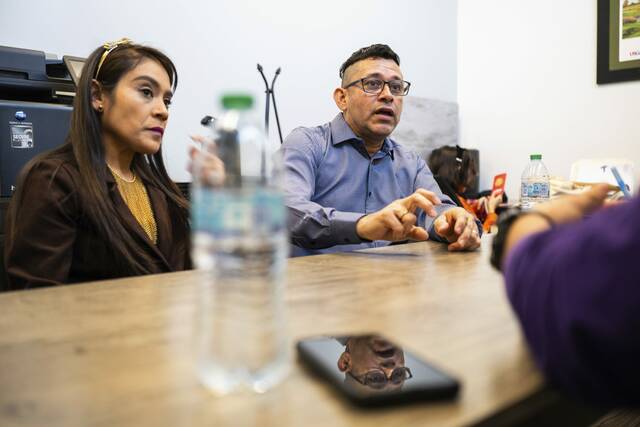Pittsburgh will no longer require police recruits to have completed 60 college credits before entering the city’s police academy, according to Mayor Ed Gainey’s office.
“Now, we’ve giving recruits the opportunity to earn those credits as they go through the academy class,” said Maria Montaño, Gainey’s spokesperson.
Recruits will not need to have any college credits completed when they join the academy, Montaño said. Through their police academy training, she said cadets will earn the equivalent of 45 credits — enough to become an officer.
“If they wish to move up to another rank in the force and get promotions into the sergeant level or above, then they would need to pursue the completion of 15 additional college credits, which they have to pursue on their own,” Montaño said.
The measure will not impact the next police class, which is slated to begin this fall and include only officers who have received basic police training elsewhere. Those officers undergo training “specifically around what it means to be a Pittsburgh police officer,” Montaño said.
The following police class, set to train brand-new recruits in the spring, will nix the existing requirement for 60 college credits, Montaño said.
Related:
• Police academy classes could help address Pittsburgh police staffing concerns• $180K study to analyze Pittsburgh police staffing, how officers are used
People can now apply as recruits, with or without college credits, but Montaño said there is no guarantee that everyone who applies will get into the spring police class.
“It is the intention going forward to remove this barrier to entry into the police academy,” Cara Cruz, a spokesperson for the city’s Department of Public Safety, said, adding that the Civil Service Commission approved the change.
Montaño said that officials examined Pittsburgh’s police academy and spoke with other neighboring bureaus to determine that having college credits “wasn’t a good indicator of whether that person would be a good police officer.”
Other qualities such as personality, temper and interpersonal skills seemed to be more important, she said.
“There’s a lot of systemic barriers in terms of affordability to college as those costs have gone up, and access to those opportunities,” Montaño said. “A lot of folks who very much would love to serve their city may not have the means or opportunity to go to college. This eliminates that barrier for those folks. We’re hoping to diversify our force.”








